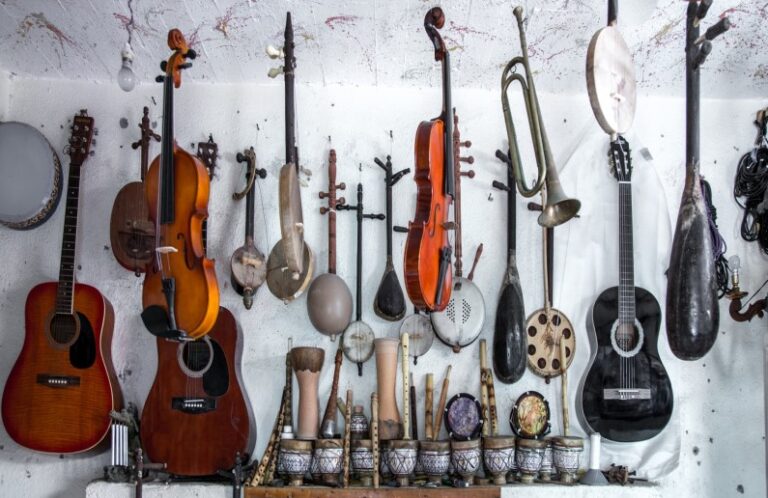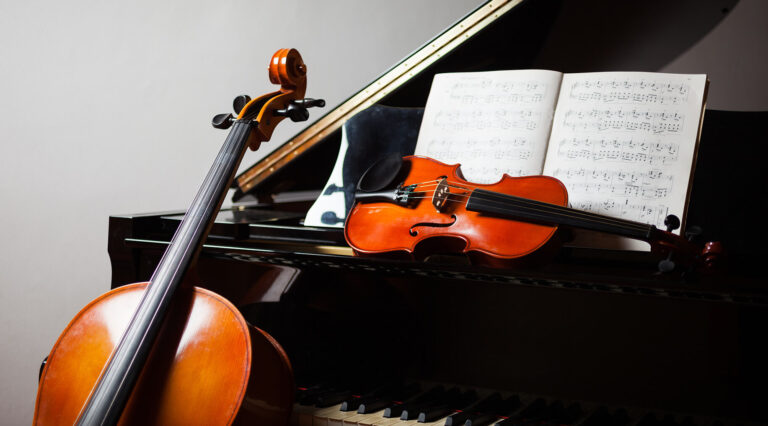How to Choose the Right Music Instrument for You
Choosing the right musical instrument can be a fulfilling yet challenging task. Here’s a comprehensive guide to help you find the perfect instrument that suits your needs and preferences:
1. Consider Your Musical Preferences
Start by thinking about the type of music you love to listen to and want to play. If you enjoy rock or heavy metal, a guitar might be your best choice. For classical music lovers, the piano or violin could be more suitable. Your musical taste will significantly influence your motivation to practice and improve (Forbes Music Company) (Disc Makers Blog).
2. Evaluate Your Budget
Different instruments come with varying costs. For example, while acoustic guitars are relatively affordable, electric guitars require additional investment for amplifiers. If you’re on a tight budget, consider starting with more affordable options like keyboards instead of pianos or renting instruments like violins or cellos (Forbes Music Company).
3. Assess Space and Portability
Think about where you will be playing the instrument and how portable you need it to be. Pianos take up significant space and are not portable, while guitars and violins are more manageable in terms of size and can be easily transported. If space is a constraint, opt for smaller, more portable instruments (Forbes Music Company).
4. Physical Considerations
Different instruments require different levels of physical strength and stamina. For instance, woodwind and brass instruments need good breath control, while playing drums requires coordination and endurance. Consider any physical limitations you might have and choose an instrument that you can handle comfortably (Forbes Music Company) (Ensemble Schools).
5. Visual and Performance Appeal
The aesthetics and performance aspect of an instrument can also be important. Choose an instrument that you find visually appealing and can imagine yourself playing. If you plan to perform live, consider how the instrument looks and fits with your performance style and image (Disc Makers Blog).
6. Long-Term Goals and Skills
Think about your long-term musical goals. Do you want to play in a band or as a solo artist? Instruments like guitar, bass, and drums are great for band settings, while piano and violin can be excellent for solo performances. Additionally, consider the skills you will gain; for example, learning the piano can provide a strong foundation in music theory that can be beneficial for learning other instruments in the future (Forbes Music Company) (Ensemble Schools).
7. Try Before You Buy
If possible, try out several instruments before making your decision. This hands-on experience can help you understand which instrument feels right and excites you to play. Trust your instincts and choose the instrument that you enjoy the most and feel motivated to practice (Disc Makers Blog).






